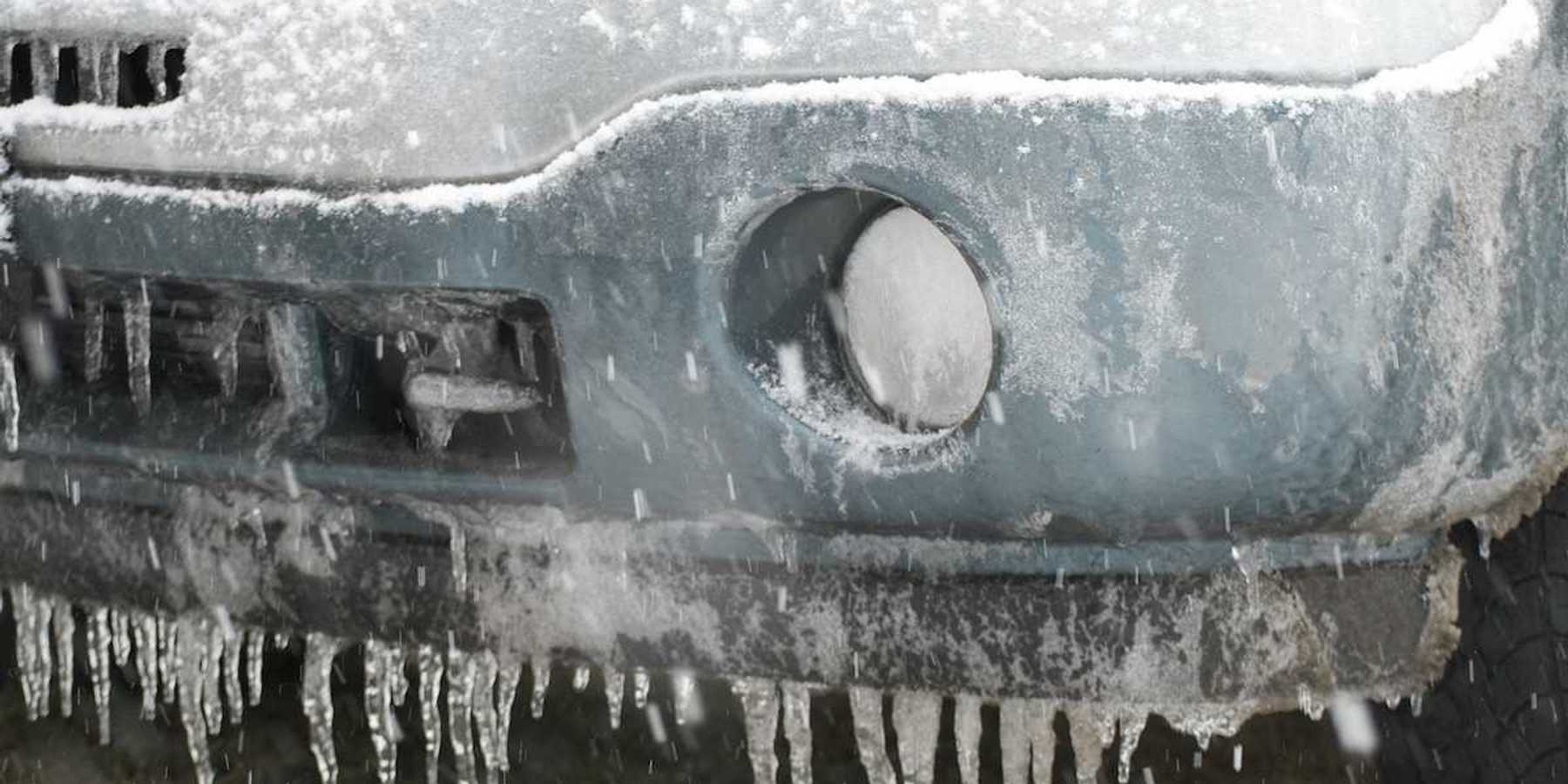Cape Cod pilot brings clean energy upgrades to low-income homes in a bundled package
A first-of-its-kind program in Massachusetts is completing installations of solar panels, heat pumps, and batteries in 55 homes, offering a potential national model for affordable residential electrification.
Sarah Shemkus reports for Canary Media.
In short:
- The Cape and Vineyard Electrification Offering wraps up this month after outfitting 55 homes with subsidized clean energy technology, including solar panels, heat pumps, and, in some cases, batteries.
- Administered by the Cape Light Compact, the initiative aims to help low- and moderate-income residents reduce energy costs and greenhouse gas emissions through a single, coordinated program.
- The pilot faced setbacks including homeowner hesitancy, high upfront costs for some participants, and logistical barriers like roof repairs and electrical upgrades, but organizers say these offer valuable lessons for future programs.
Key quote:
“This is the first and only instance where solar and battery storage are being presented in combination with electrification and traditional efficiency.”
— Todd Olinsky-Paul, senior project director, Clean Energy Group
Why this matters:
Millions of Americans living in older, drafty, or poorly insulated homes are stuck with high utility bills and fossil-fuel-based systems they can’t afford to replace. While electrification offers the promise of lower costs and fewer emissions, the transition often remains out of reach for lower-income households. That’s where comprehensive public investment programs are starting to make a difference. Rather than focusing on one-off upgrades, these initiatives bundle weatherization, appliance replacement, and renewable energy access into a coordinated package, helping overcome both the upfront costs and the technical complexity of retrofitting inefficient homes. States eyeing 100% clean energy mandates also see these programs as a way to reduce strain on the grid while also cutting pollution from fossil fuels.
Related news: Trump’s funding freeze halts solar program for low-income communities













